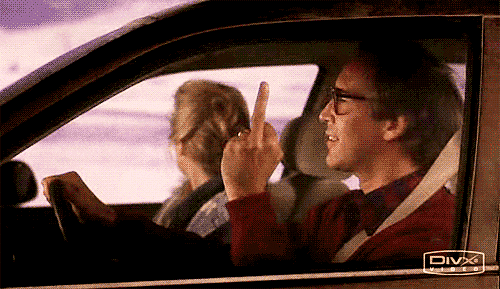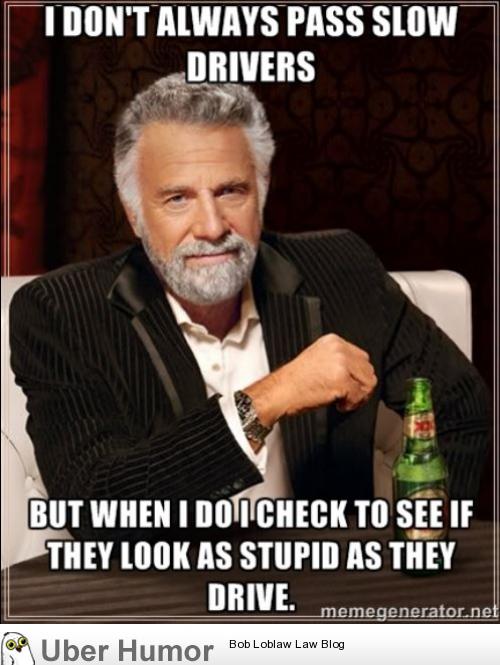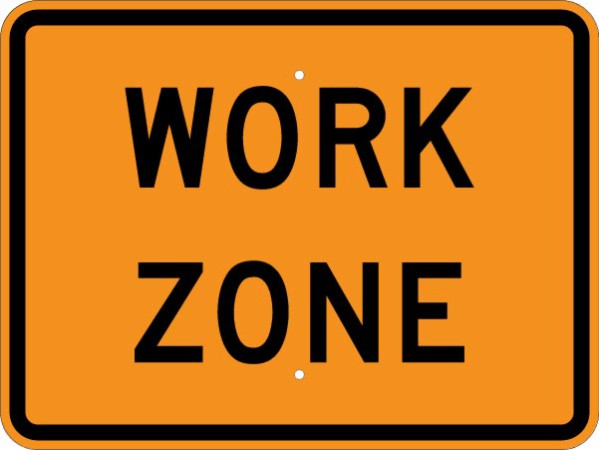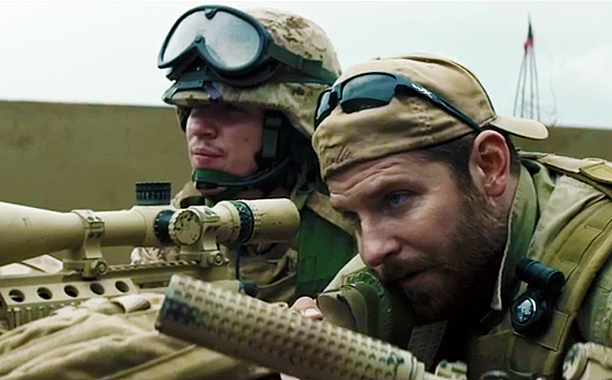For all of us who have been stuck behind a car going under the speed limit in the LEFT LANE that refuses to get over... Here is the law that says to that driver, Loud and Clear: GET THE ##%! OVER!!
Fred is driving his shiny, new car in the left lane, going the speed limit, when he notices a black truck in his rear-view mirror behind him. The truck seems excessively close to Fred's new red Corvette, so Fred taps his breaks to communicate to the other driver to "Back off." The other driver backs off a little but stays behind Fred.
Finally, the other driver gets into the right lane to pass Fred, and hits the gas. Black smoke spews out the back of the jacked-up truck. Fred, knowing the power of his 6.2 L, V8 engine, allows his car to gain speed on the flat asphalt. The other driver passes Fred without too much trouble, then cuts left into Fred's lane extremely close to Fred's new set of wheels. Fred, scared stiff, slams on the brakes, loses control of his vehicle, and slams into a parked, pink ice-cream truck. QUESTION --> Who is at fault?
The chilling truth (Sorry Fred) is that both drivers are at fault, but Fred will likely have to pay his own way. Because his car was the only one damaged, he will pay 100% of the damages.
SO, Share this post with anyone and everyone, especially those who needs to hear this:
 |
| "Look kids a deer..." |
Utah Traffic Code 41-6a-704 prohibits three things:
1. Cars Cannot Camp in the left lane.
The law states that a vehicle in the left lane "may not impede the free flow of traffic." So if you are going slower than the flow of traffic, you best NOT be traveling in the left lane; otherwise, it is a chargeable violation.
2. Cars Must get over if someone needs to pass.
 |
| DON'T BE A GANDALF... |
Next, the law says that when a car comes upon another car, traveling in the same lane, with a 2 second gap or less between the cars, the car in front MUST move over to the Right Lane to let the car in back pass. NO EXCUSES! The car in front has to move over because it is being "overtaken."
3. Drivers Must Be Polite when letting others pass.
Not only does the vehicle have to move over, but the law says that the vehicle being overtaken CANNOT INCREASE HIS SPEED until completely passed. This means, it is illegal to "gas it" when someone passes you. Also, the vehicle being passed has to yield the right of way to the passing vehicle to merge back over into the lane.What did you learn?
FACT SCENARIO:Fred is driving his shiny, new car in the left lane, going the speed limit, when he notices a black truck in his rear-view mirror behind him. The truck seems excessively close to Fred's new red Corvette, so Fred taps his breaks to communicate to the other driver to "Back off." The other driver backs off a little but stays behind Fred.
Finally, the other driver gets into the right lane to pass Fred, and hits the gas. Black smoke spews out the back of the jacked-up truck. Fred, knowing the power of his 6.2 L, V8 engine, allows his car to gain speed on the flat asphalt. The other driver passes Fred without too much trouble, then cuts left into Fred's lane extremely close to Fred's new set of wheels. Fred, scared stiff, slams on the brakes, loses control of his vehicle, and slams into a parked, pink ice-cream truck. QUESTION --> Who is at fault?
The chilling truth (Sorry Fred) is that both drivers are at fault, but Fred will likely have to pay his own way. Because his car was the only one damaged, he will pay 100% of the damages.
SO, Share this post with anyone and everyone, especially those who needs to hear this:
GET THE #@! OVER!!







